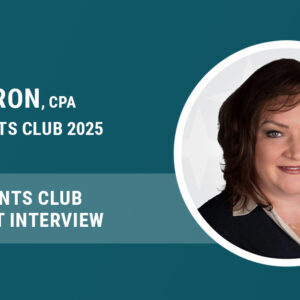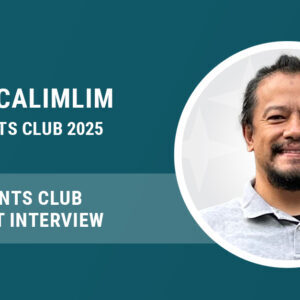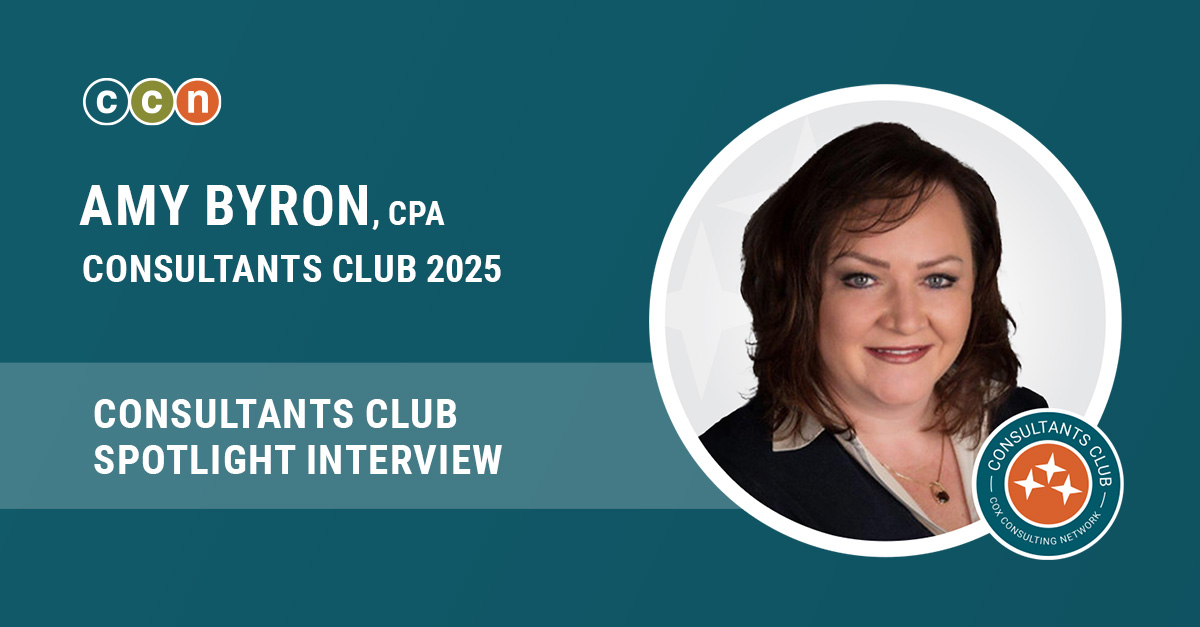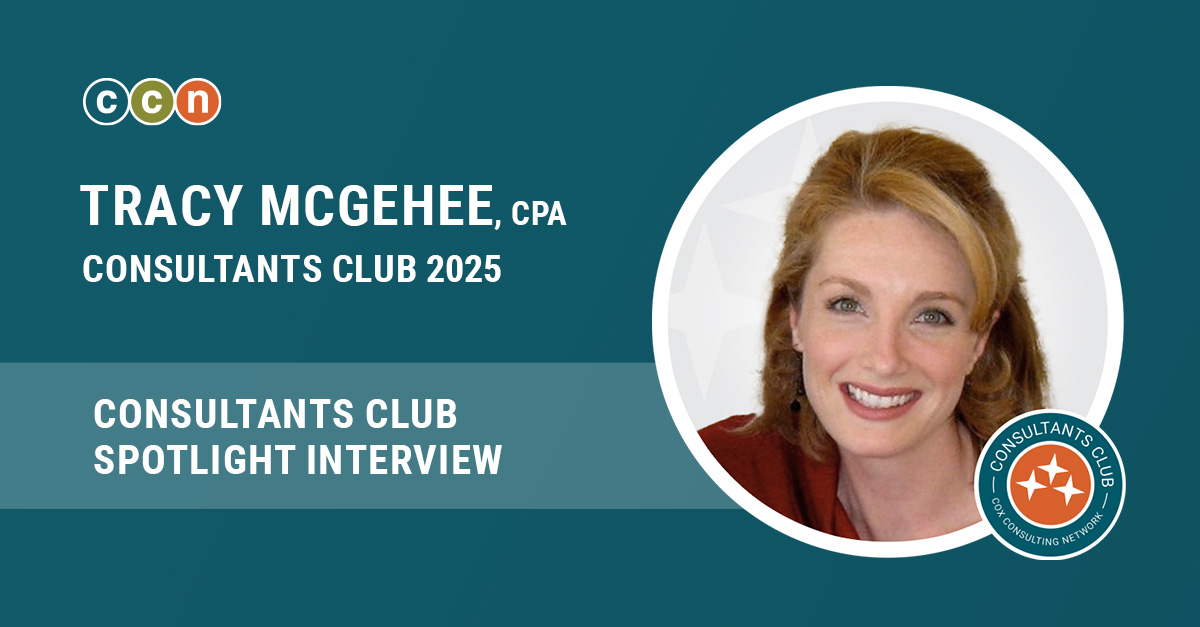Tips Every Accounting Consultant Needs to Adapt and Stand Out
Being an accounting consultant is more than just crunching numbers and handing over spreadsheets. You’re stepping into a world that’s already spinning—a new team with its own quirks, unspoken rules, and perhaps a love-hate relationship with coffee. Your success often hinges on how well you adapt to that culture while still delivering top-notch results.
So, how do you integrate seamlessly without feeling like the awkward new kid at lunch? Here’s your ultimate guide to adapting to client cultures quickly and effectively, with a touch of humor, humanity, and maybe even some heart.
1. Do Your Homework (and Not Just the Numbers Kind)
Before you walk through their metaphorical (or literal) door, dive into some research. Check out the client’s website, social media, and any news articles about them. What are their values? Are they super formal, or is it a jeans-and-sneakers kind of vibe?
Think of it like scoping out a blind date—without the awkward “what’s your favorite pizza topping?” question. The more you know, the easier it is to avoid faux pas like pitching ideas that go against their core beliefs.
2. Channel Your Inner Chameleon
Once you’re in, observe how people communicate. Are emails filled with emojis and GIFs, or are they strictly “Dear Sir/Madam” types? Match their tone, vocabulary, and overall vibe.
Pro tip: If everyone’s calling each other by last names and you swoop in with “Hey, Bobby!”—it’s not going to land. On the flip side, don’t overdo it and try to out-slang the hip crowd. No one needs a consultant saying, “That balance sheet? It slaps.”
3. Learn Their Rhythm
Every company has its own rhythm. Some are like a jazz band—improvisational and dynamic. Others are more symphony orchestra—structured and precise.
Figure out their tempo. Are decisions made in quick Slack chats, or do they require three meetings, a memo, and a ceremonial gong? Adjust your working style to align with theirs, and you’ll become part of the harmony faster than you can say “accounts payable.”
4. Ask Questions Like a Curious (but Polite) Toddler
Nothing screams “I care” quite like asking thoughtful questions. Get to know their goals, pain points, and preferences. Questions like, “How do you usually like reports formatted?” or “What keeps you up at night about your financials?” show that you’re not just there to do a job—you’re there to help.
But also, read the room. No one wants an interrogation. Save the 20-question marathon for a formal discovery session.
5. Make Friends, or at Least Be Friendly
You don’t have to become besties, but building rapport is key. Start with small talk—yes, even about the weather. It’s amazing how a shared groan over an unexpected snowstorm can break the ice.
Find common ground with team members. Maybe you both have a dog who thinks it’s hilarious to steal socks. Or maybe you’re both convinced that cold brew coffee is an actual personality trait. Connections make collaboration smoother.
6. Problem-Solve Like a Magician
Here’s where your accounting wizardry comes in. But—surprise!—you might need to tweak your magic for each client. Some folks love data-packed spreadsheets with every detail under the sun, while others prefer high-level charts and bullet points.
Find out what format and level of detail they love, and deliver accordingly. And don’t take it personally if they ask for changes—that’s just part of the dance.
7. Don’t Step on Their Toes (Respect Their Processes)
You may see inefficiencies and think, “Oh, I can totally fix this!” Hold up. Before suggesting changes, respect their existing processes. Work within their system at first—it builds trust.
It’s like being a guest in someone’s house: you don’t rearrange their furniture on Day 1. Wait until you’re invited to make tweaks (or until they beg you to save their broken workflow).
8. Cultural Sensitivity for the Win
If you’re working with international or diverse teams, do your homework on cultural norms. For example, in some cultures, silence in a meeting isn’t awkward—it’s thoughtful. In others, direct feedback is the norm, while elsewhere it might be seen as too harsh.
Ask questions if you’re unsure, and always approach differences with curiosity and respect. Bonus: You might even learn something cool about a different way of working.
9. Flexibility is Your Secret Weapon
Things change—deadlines, goals, even the team you’re working with. Being adaptable is key. Roll with the punches, and keep your cool even when the spreadsheet gods seem to be conspiring against you.
Remember, being flexible doesn’t mean being a pushover. Set boundaries when necessary, but do so with kindness.
10. Feedback Isn’t Scary—Promise!
Ask for feedback early and often. A simple “How’s this working for you?” can go a long way. Constructive criticism is like spinach in a smoothie—not always fun, but ultimately good for you.
Use feedback to refine your approach and show your commitment to delivering exactly what they need.
11. Celebrate Wins Together
Whether it’s wrapping up a big project or finding $20 in petty cash, take time to celebrate successes. A quick shoutout or team email can make people feel seen and appreciated.
And if there’s cake involved? Even better.
12. Find Your Insider Guide
Every workplace has that one person who knows all the unspoken rules (and where the good snacks are hidden). Befriend them. They can be your cultural translator and help you navigate tricky situations.
Just don’t overdo it—they’re not your personal assistant. Show gratitude for their insights and pay it forward when you can.
13. Document What Works (Because You’re Smart Like That)
Every engagement teaches you something. Keep a running list of what worked well so you can hit the ground running with your next client.
Did that quirky team love your color-coded spreadsheets? Did another client respond well to weekly check-ins? Write it down. Your future self will thank you.
Embrace the Chaos
Adapting to a client’s culture is like joining a new dance—it’s a little awkward at first, but with the right moves, you’ll find your rhythm. Be observant, be kind, and don’t be afraid to laugh at yourself if you stumble.
Remember: You’re not just an accounting consultant—you’re a problem-solver, a collaborator, and maybe even a friend. And who knows? By the end of the engagement, you might just be the person everyone wants on their trivia team.
Now go forth, adapt, and show them what you’re made of. You’ve got this.
Related Posts
Grow your business with industry news and resources from CCN.
2025 Consultants Club: Meet Amy Byron!
At CCN, we’re all about celebrating the incredible talent that fuels our community—and Amy Byron, CPA, is…
2025 Consultants Club: Meet Tracy McGehee!
At CCN, we are all about celebrating the remarkable achievements of our consultants. One of our shining…
2025 Consultants Club: Meet Jessica Smith!
We’re excited to congratulate Jessica Smith on earning a spot in CCN’s prestigious 2025 Consultants Club! 🎉…






